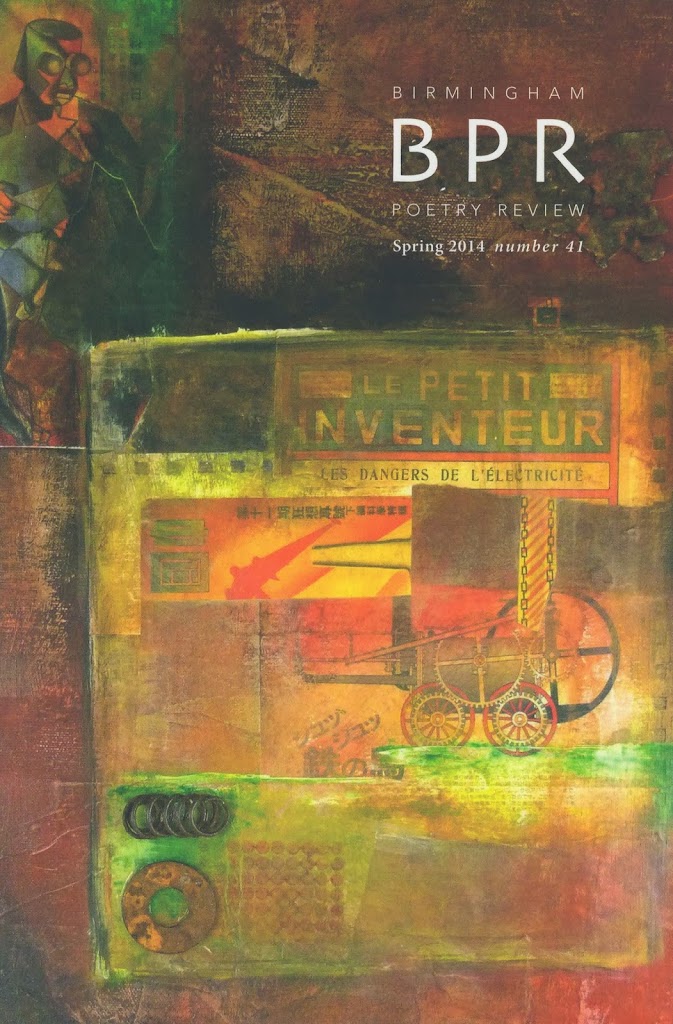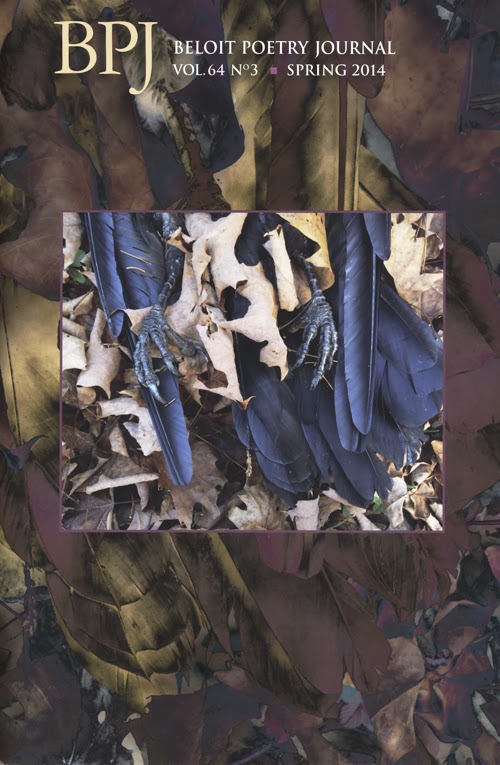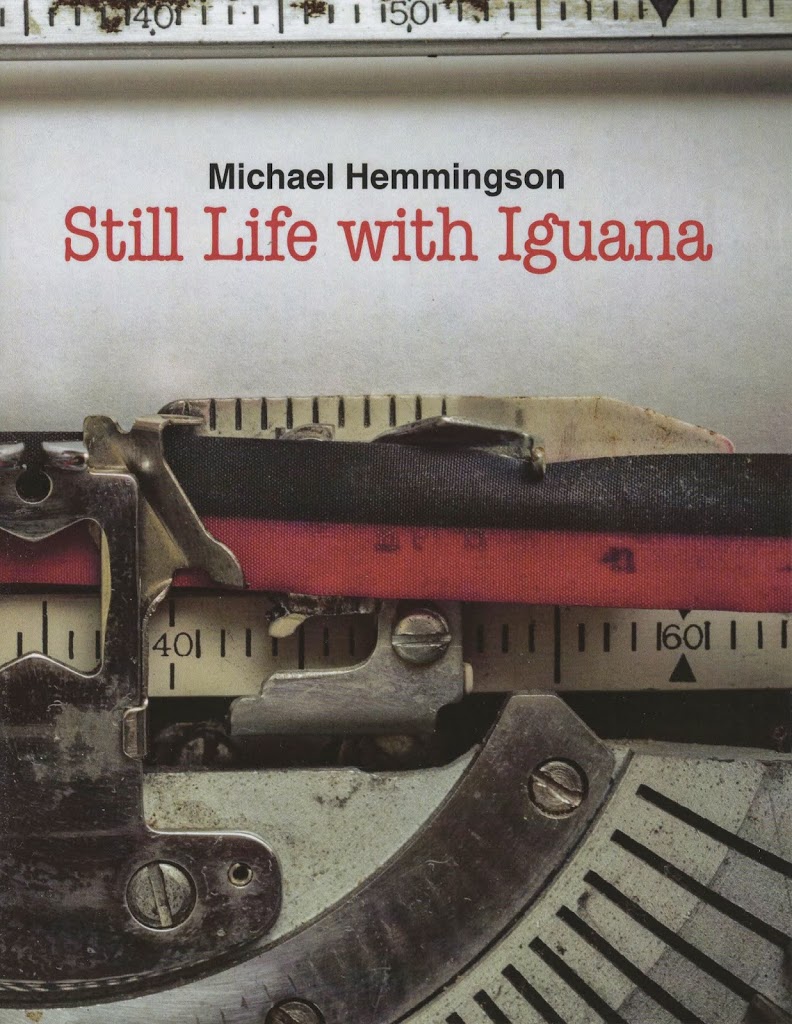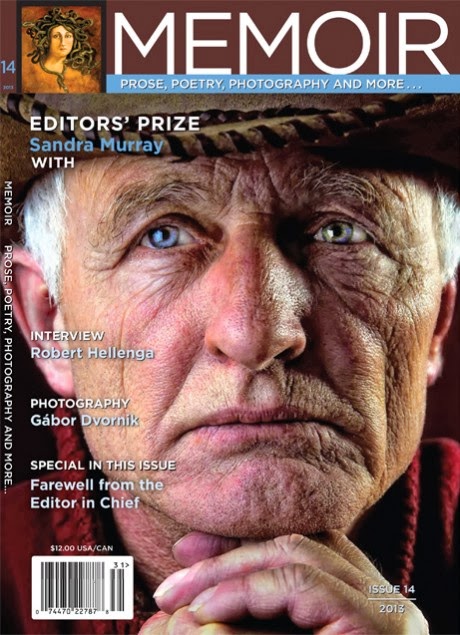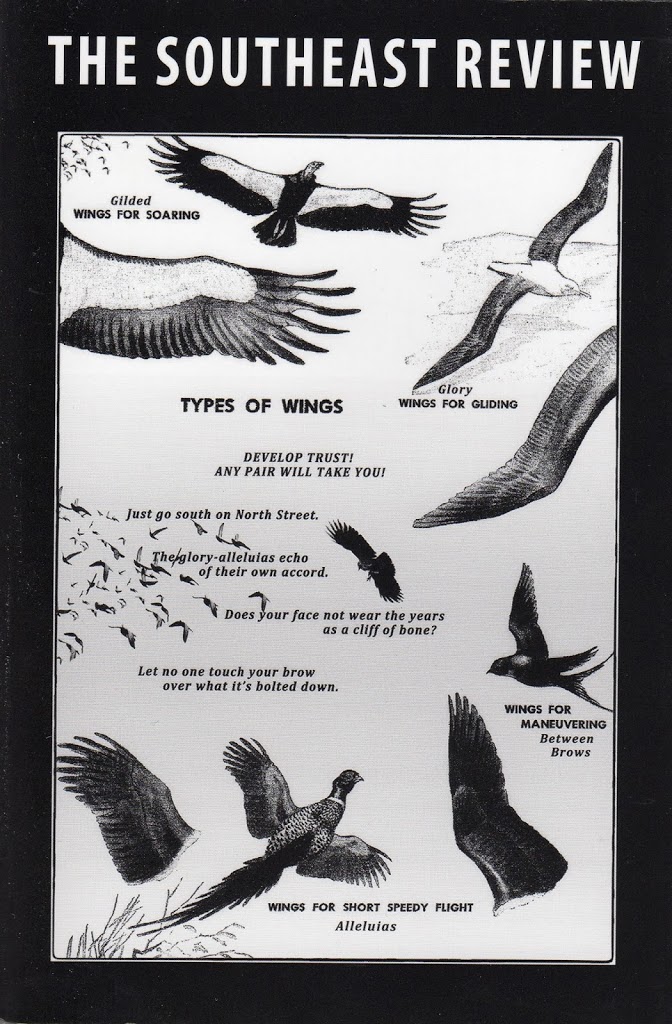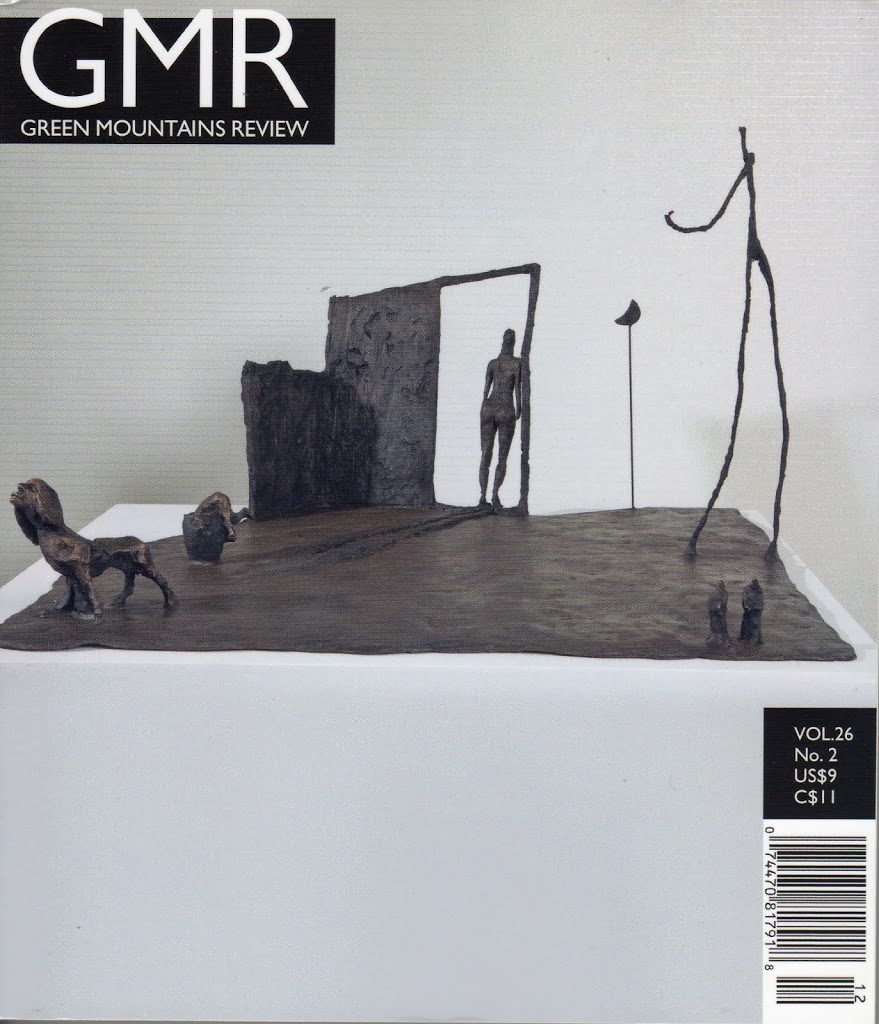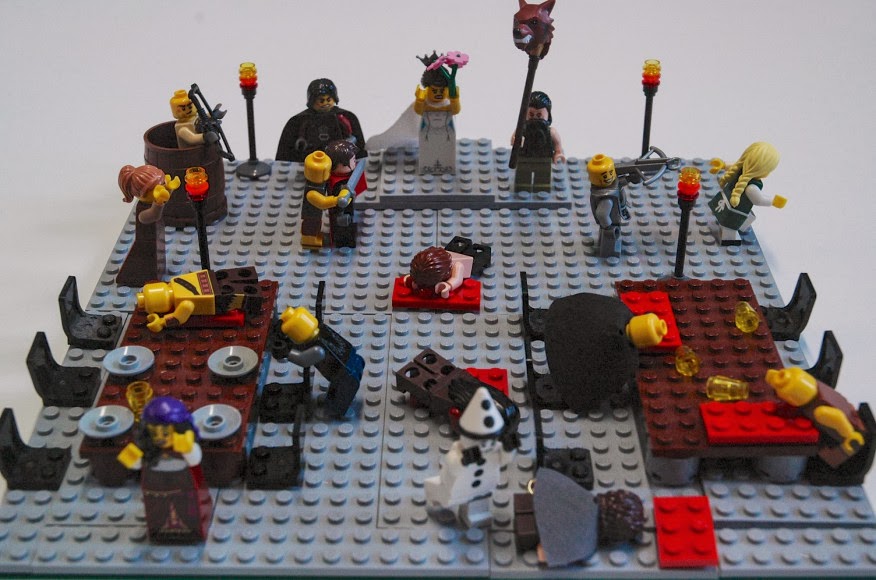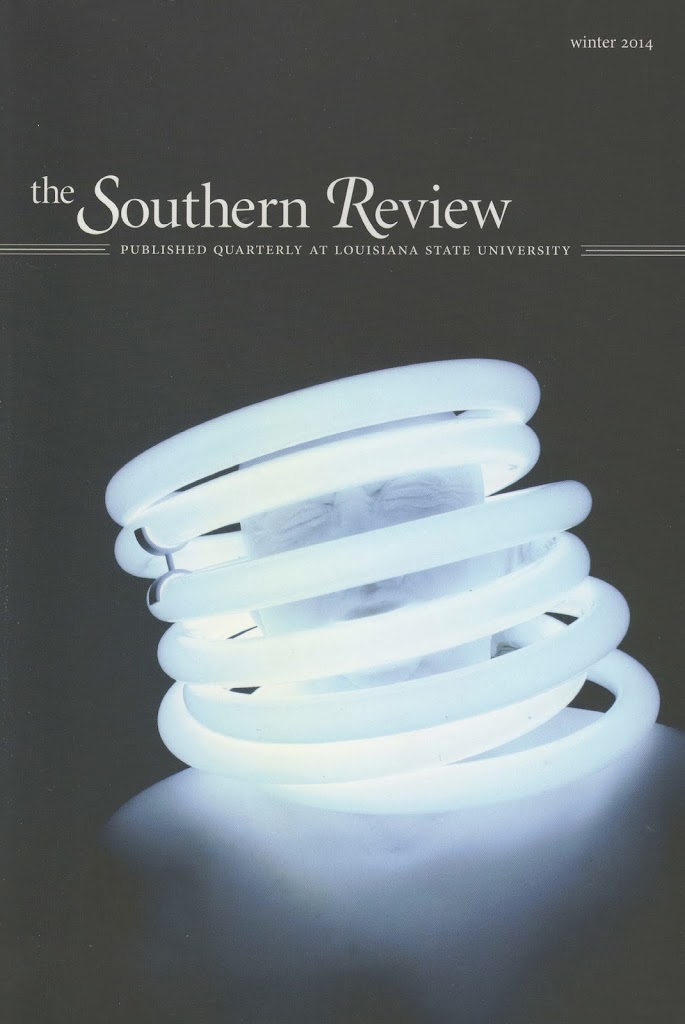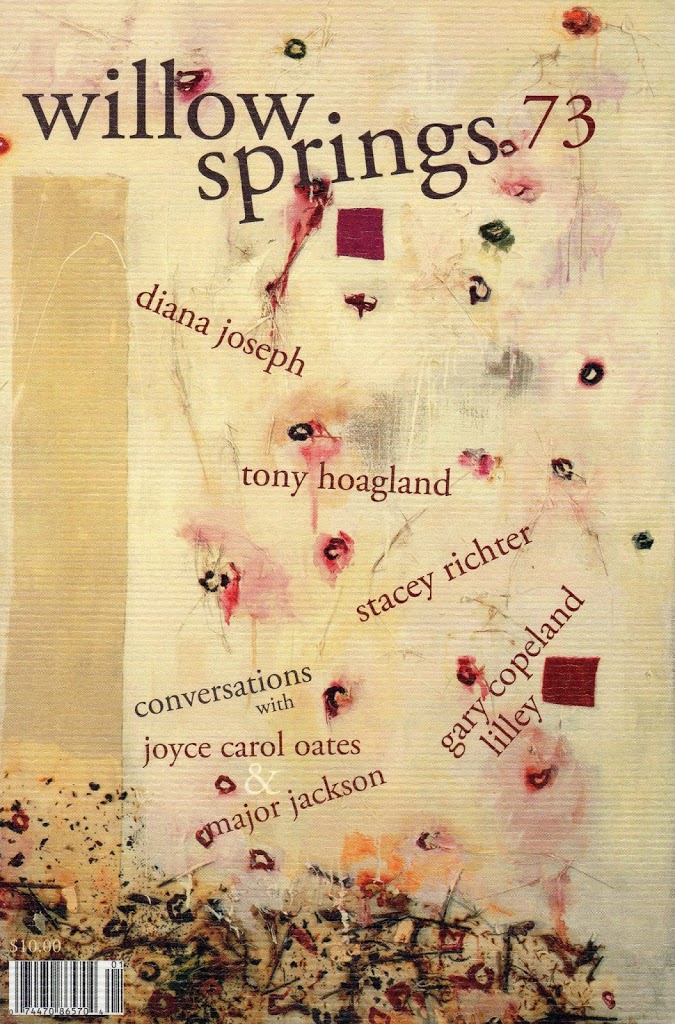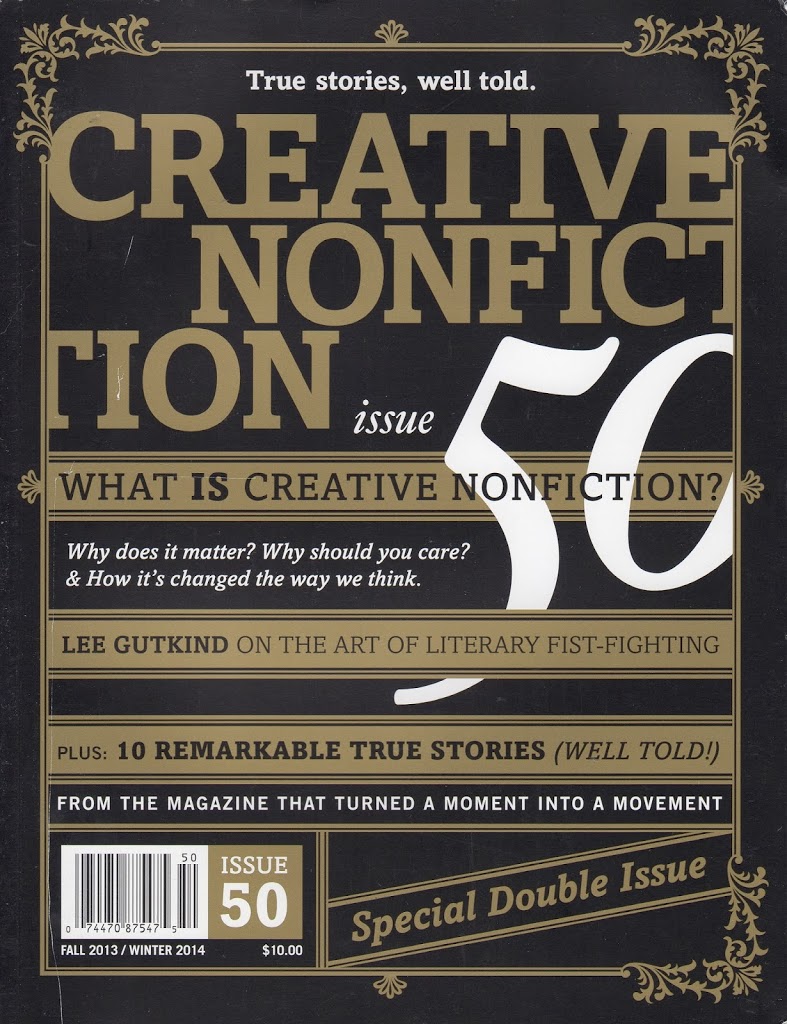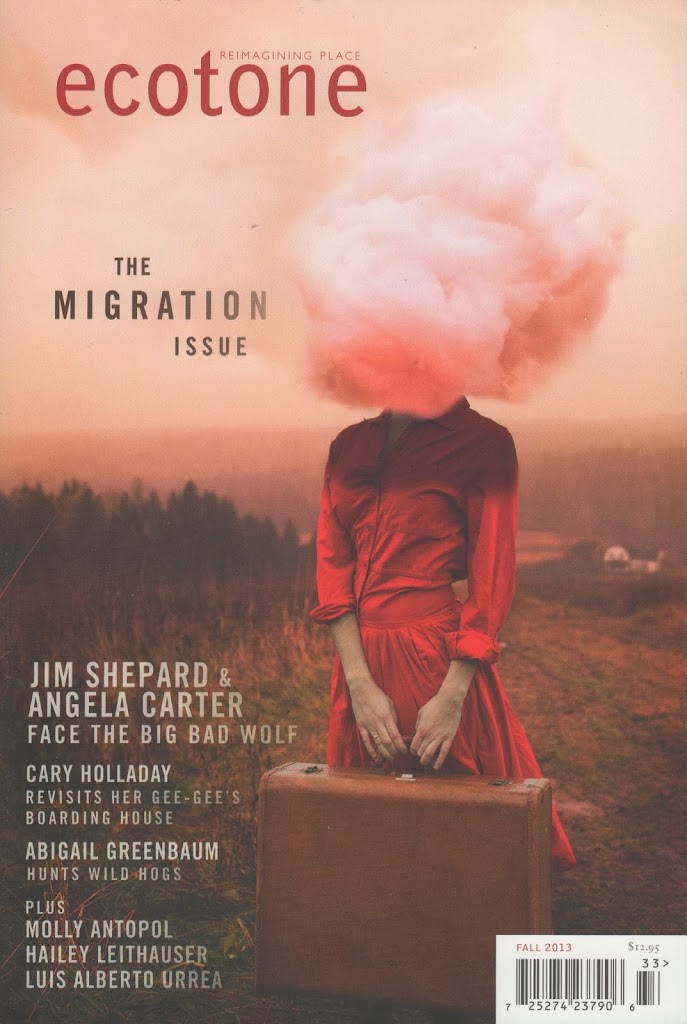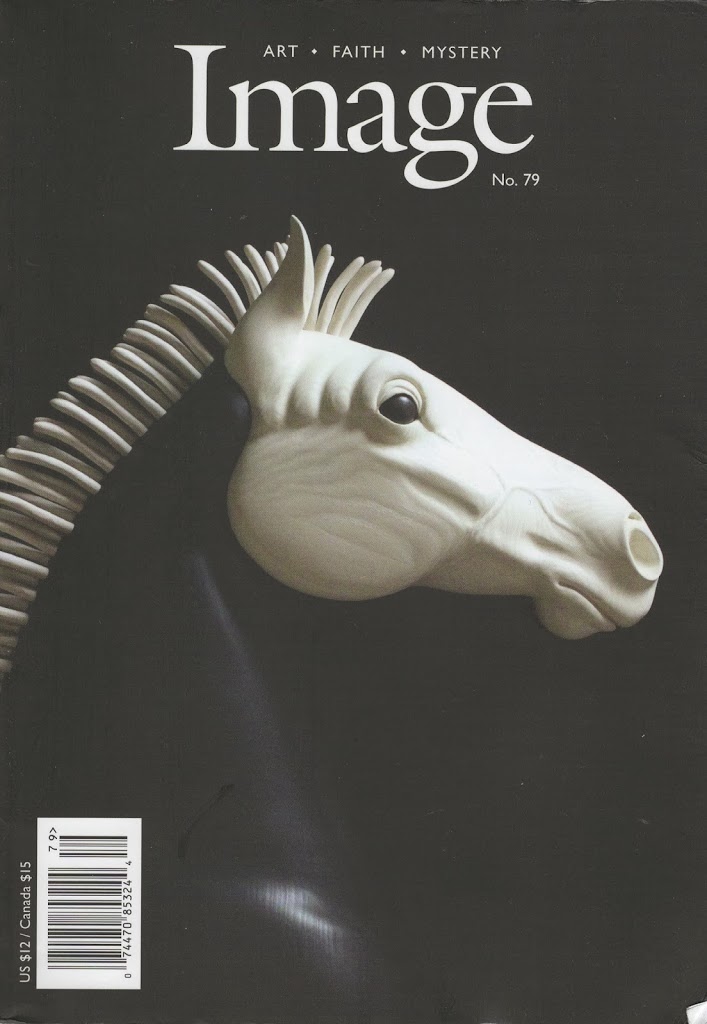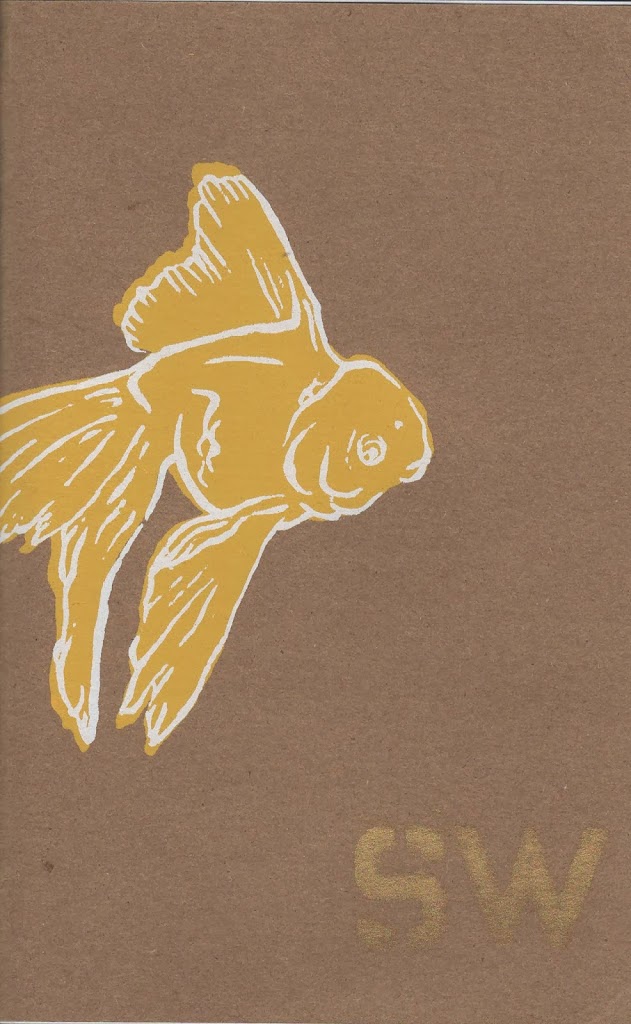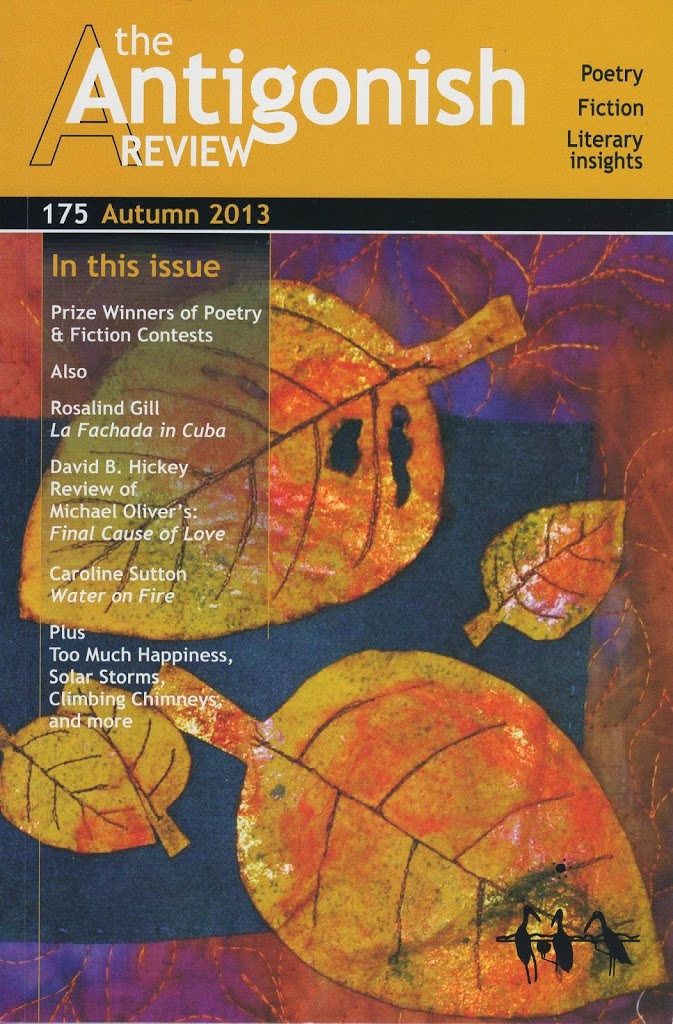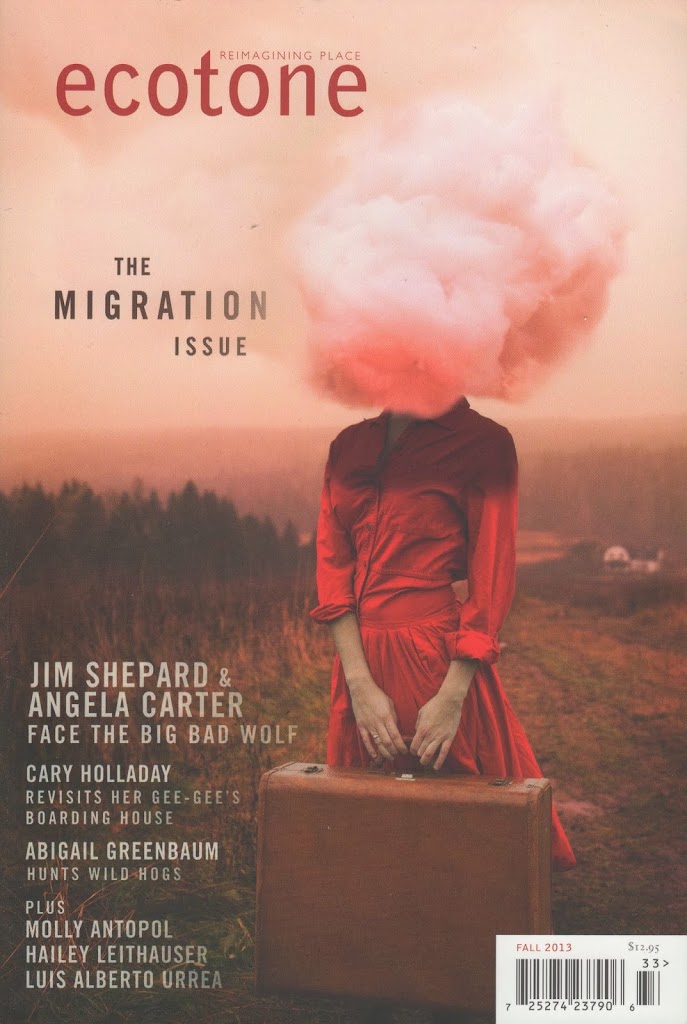Melville as Poet
Call me inspired. Most audiences come to know Herman Melville through Moby-Dick and Billy Budd, Sailor—deep, complex narratives that swell with metaphor and allegory. Both have entered the classical Americanist canon of literature thanks in large part to the early twentieth-century “Melville revival” within academia. Melville’s writing, however, extends well past the White Whale, and for the latter half of his literary career, his publication efforts and creative energy focused on his poetry. In recent decades, scholarly interest has turned to Melville’s canon of poetry as a window into American history and the understood role of a poet. (“[Melville’s] pained ironic view of his position as poetry weighed upon him.”) Melville as Poet: The Art of “Pulsed Life” (a bit of an odd title, but better than Melville: More than Moby) explores the breadth and depth of Melville’s poetry through its emphasis on the history, narrative, and imagery of a unique, careful, and lyrical American poet. Continue reading “Melville as Poet”

